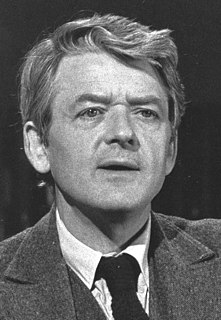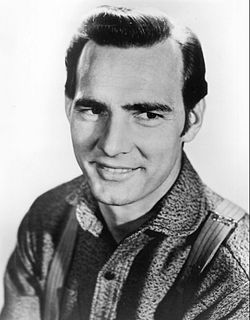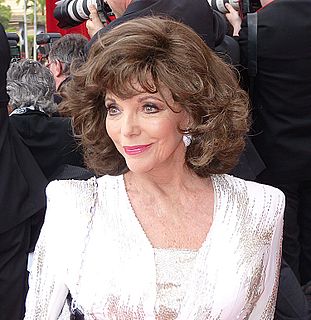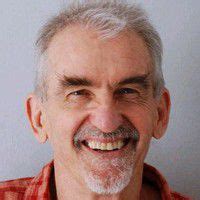A Quote by Sarah Weinman
When I first read Helen Weinzweig's 'Basic Black with Pearls' several years ago, I emerged in the sort of daze that happens when a book seems to ferret out your most secret thoughts and hopes. Since then, I've described the book to others as an 'interior feminist espionage novel.'
Related Quotes
"The Diagnosis" is by far my most ambitious book. I such great hopes for it... there was so much I wanted to do with the book. I was extremely insecure about it for several years. Just didn't know whether I would finish the book much less for it to come close to what I intended. I think that for any novel you never know exactly how the book is going to turn out...
The process for writing a picture book is completely different from the process of writing a chapter book or novel. For one thing, most of my picture books rhyme. Also, when I write a picture book I'm always thinking about the role the pictures will play in the telling of the story. It can take me several months to write a picture book, but it takes me several years to write a novel.
Isn't it odd how much fatter a book gets when you've read it several times?" Mo had said..."As if something were left between the pages every time you read it. Feelings, thoughts, sounds, smells...and then, when you look at the book again many years later, you find yourself there, too, a slightly younger self, slightly different, as if the book had preserved you like a pressed flower...both strange and familiar.
Corliss wondered what happens to a book that sits unread on a library shelf for thirty years. Can a book rightfully be called a book if it never gets read? If a tree falls in a forest and gets pulped to make paper for a book that never gets read, but there's nobody there to read it, does it make a sound?
Here's what I want from a book, what I demand, what I pray for when I take up a novel and begin to read the first sentence: I want everything and nothing less, the full measure of a writer's heart. I want a novel so poetic that I do not have to turn to the standby anthologies of poetry to satisfy that itch for music, for perfection and economy of phrasing, for exactness of tone. Then, too, I want a book so filled with story and character that I read page after page without thinking of food or drink because a writer has possessed me, crazed with an unappeasable thirst to know what happens next.
I read John Irving's novel 'The World According To Garp' when I was about 14 or 15. It was the first grown-up book that I had read. It is the story of a young man who grows up to be a novelist. I finished it, and I wanted to write a book that made the reader feel the way I felt at the end of that, which was sort of both bereft and elated.
FOAM OF THE DAZE is a novel like no other, a sexy, innocent, smart and sweet cartoon of a world which then begins, little by little, to bleed real blood until, in the end, the blood turns out to be our own. I read it nearly thirty years ago in its previous incarnation as Mood Indigo and I loved it then; it's still one of my favorite books in the whole world
I began writing books after speaking for several years and I realize that when you have a written book people think that you're smarter than you really are if I can joke. But it's interesting. People will buy your book and hire you without reading the book just because you have a book and you have a book on a subject that they think is of interest to themselves or e to their company.
I first heard the term "meta-novel" at a writer's conference in Tulsa, Oklahoma. The idea is that even though each book in a series stands alone, when read collectively they form one big ongoing novel about the main character. Each book represents its own arc: in book one of the series we meet the character and establish a meta-goal that will carry him through further books, in book two that meta-goal is tested, in book three - you get the picture.































